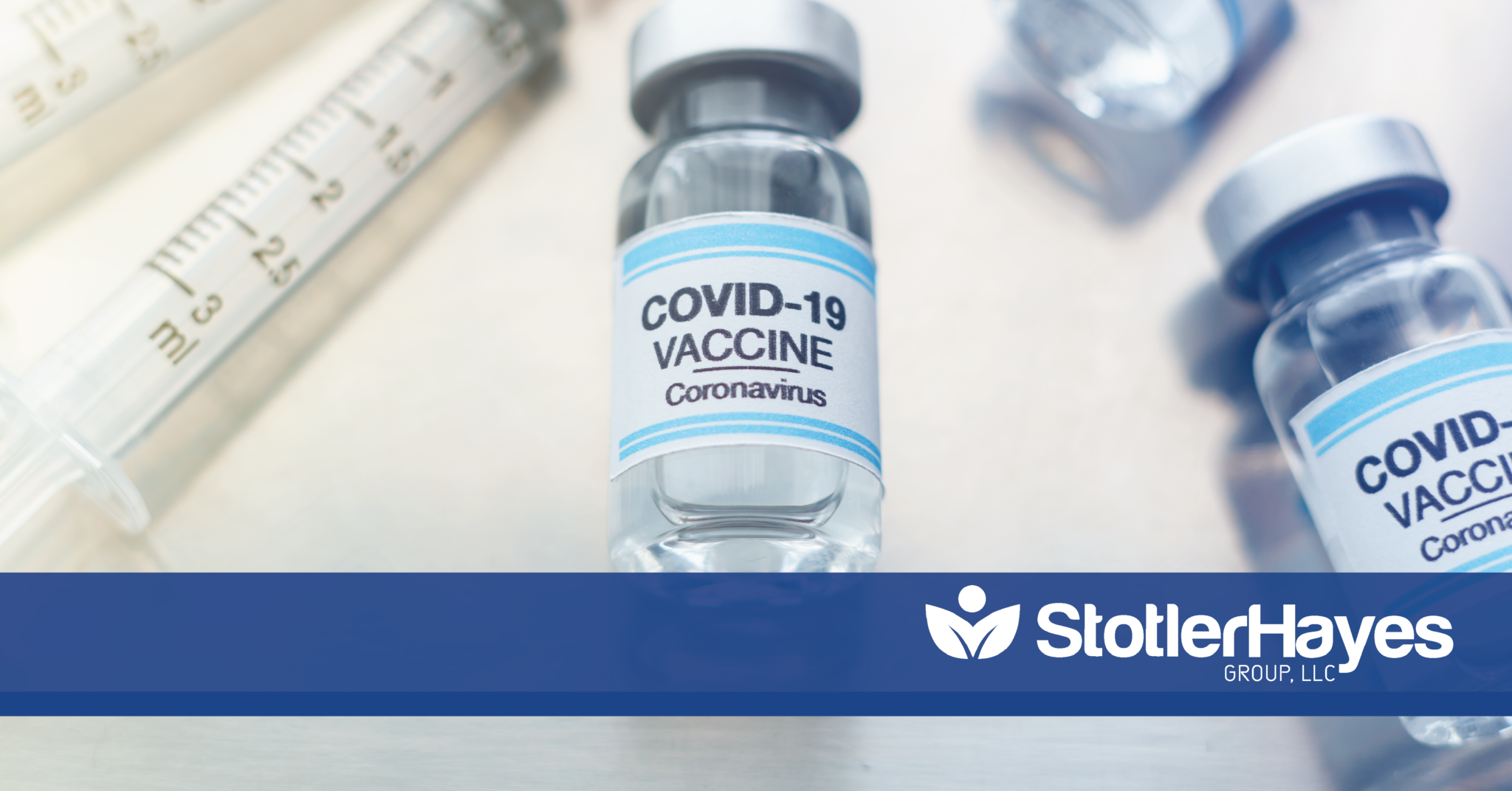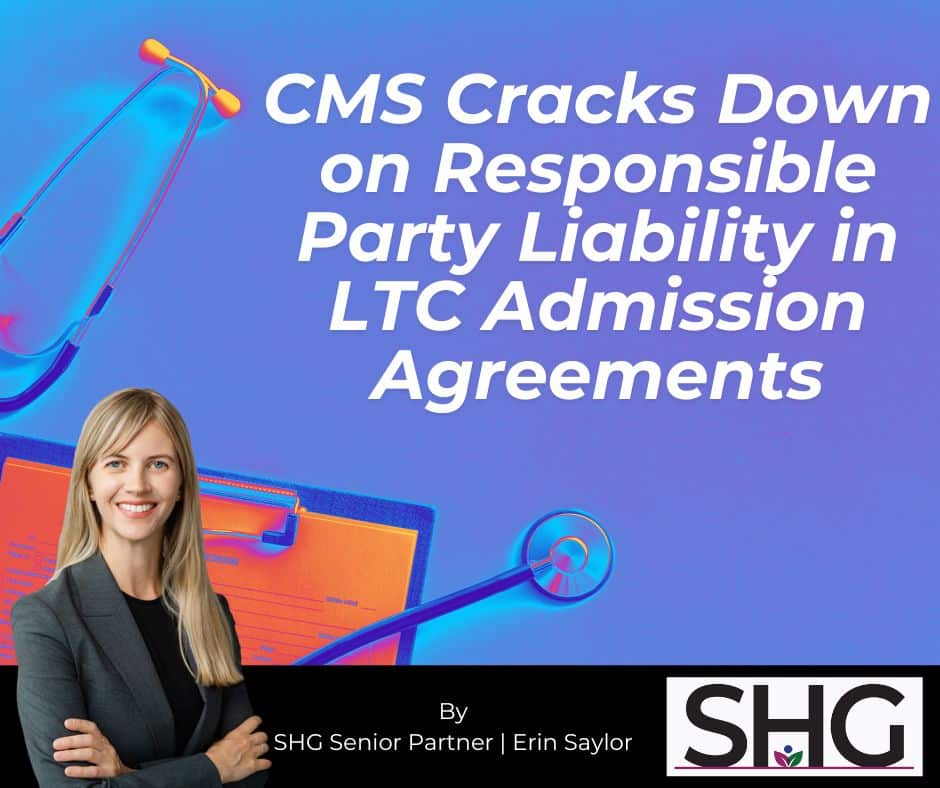Since COVID-19 strong-armed its way to the forefront of the US media in March 2020, we’ve seen hundreds, even thousands of news stories, opinion pieces, and agency reports on related topics ranging from its impact on schools and employment to the CARES Act and other financial support. In the last several weeks, the development of a COVID-19 vaccine, its approval process, distribution priority groups, and the like have dominated headlines, and are weighing heavily on the minds of those in the LTC community – residents, employees, and leaders alike. We’ve outlined a breakdown of what’s happened to date, what’s coming next, and what you need to know:
1.Vaccine Development: Pfizer is leading the race to vaccine development, with others not far behind.
Several private companies, both in the US and abroad, have been racing to develop a COVID-19 vaccine since almost immediately after it first made its appearance in China in December 2019. Researchers are currently testing 58 vaccines in clinical trials on humans, and at least 86 preclinical vaccines are under active investigation in animals. In the US, several government agencies, including HHS and the US National Institutes of Health (NIH), have collaborated to form Operation Warp Speed (“OWS”), which has partnered with more than 18 biopharmaceutical companies to accelerate development of drug and vaccine candidates for COVID-19. OWS selected three vaccine candidates to fund for Phase 3 trials: Moderna’s mRNA-1273, University of Oxford and AstraZeneca’s AZD1222, and Pfizer and BioNTech’s BNT162. Each of those three candidates have submitted Emergency Use Authorization requests with the FDA, with Pfizer’s request coming first, then Moderna’s and AsraZeneca’s last and most recently.
2. The Pharmacy Partnership: LTC providers can opt for CVS and Walgreens to provide the vaccine on-site for residents and staff at no cost.
Back in October 2020, while vaccines were still months away from approval, the Centers for Disease Control and Prevention (“CDC”), announced a partnership with the Department of Health and Human Services (“HHS”), the Department of Defense (“DoD”), and pharmacy retailers, CVS and Walgreens, through which COVID-19 vaccines, once approved, would be administered to long-term care facility residents and staff on-site nationwide. The Program is intended to provide end-to-end coverage of the COVID-19 vaccination process for those in the LTC industry, ensuring residents and staff have easy access to the vaccine and incur no out-of-pocket expenses associated with Program participation or receipt of the vaccine. Of note, Dr. Kathleen Dooling of the CDC reported that 99% of SNFs nationwide have enrolled in the program as of early December 2020.
3. Priority for Distribution: The CDC has formally recommended health care workers and LTC staff and residents receive the first 20 million vaccines as a priority group.
On December 1, 2020, the Advisory Committee on Immunization Practices (“ACIP”) recommended, and the CDC adopted by a 13-1 vote, to prioritize three groups for vaccine distribution: 1a, health care personnel and long-term care facility residents; 1b (Education Sector, Food & Agriculture, Utilities, Police, Firefighters, Corrections Officers, Transportation) and 1c (Adults with high -risk medical conditions Adults 65+). The phase 1a groups – health care personnel and long-term care facility residents – are further defined, respectively, as paid and unpaid persons serving in health care settings who have the potential for direct or indirect exposure to patients or infectious materials, and adults who reside in facilities that provide a variety of services, including medical and personal care, to persons who are unable to live independently. Under the CDC’s formal recommendation, the first doses of a Coronavirus vaccine should be administered to an estimated 21 million health-care workers and 3 million residents and staff of nursing homes and other long-term-care facilities.
4. Vaccine Approval Process: The approval process is a multi-step process involving both the FDA and CDC, and the first vaccine (Pfizer’s), may be approved as early as next week.
On December 10, 2020, the FDA’s Center for Biologics Evaluation and Research’s (CBER), Vaccines and Related Biological Products Advisory Committee (VRBPAC) met in an 8+ hour open, public session to discuss Emergency Use Authorization (EUA) of the Pfizer-BioNTech COVID-19 Vaccine for the prevention of COVID-19 in individuals 16 years of age and older. As expected, the VRBPAC voted to recommend the the Pfizer vaccine at that time, consistent with Pfizer’s vaccine previous approval by the UK, the Bahrain, and most recently, Canada. As of the writing of this article, the FDA had not yet approved the vaccine, but had previously promised to listen to Committee’s recommendation, and thus, an FDA EUA approval is expected at any moment. Once the FDA gives its EUA, the vaccine can be shipped out, however it cannot be administered without CDC approval. CDC approval would involve three-steps: 1) the CDC’s Advisory Committee on Immunization Practices (which should occur during emergency meetings currently scheduled for Friday, December 11 and Sunday, December 13); 2) the ACIP recommendation must be adopted by the CDC and; 3) the CDC’s recommendation must be published in its Morbidity and Mortality Weekly Report, which is next scheduled for publication occur on December 18th. Of note, this entire process (VRBPAC, FDA, ACIP, CDC), must occur for each vaccine seeking EUA and is scheduled to being again on December 17, when the VRBPAC evaluates Moderna’s EUA request.
5. Distribution Timeline: Assuming FDA approval, the first doses of COVID-19’s vaccine should begin shipping next week, with CDC approval and distribution coming the week thereafter.
States were required to submit their plans for the distribution of the Pfizer vaccine to the government earlier this month. Dr. Moncef Slaoui, chief scientific advisor for OWS has stated, “Within 24 hours from the approval, the vaccine will be moving and located in the areas where each state will have told us where they want the vaccine doses.” Given the approval process outlined above, it does seem as though vaccines will be shipped out prior to CDC’s distribution approval. Dr. David Gifford, AHCA’s chief medical officer, has shared a similar timeline, stating that he expects clinics to spring up in nursing homes by the last two weeks of December. Of note, Pfizer said this week that they expect to produce enough doses for about 25 million people by the end of 2020, only half of the 50 million doses they promised earlier in the year. Even so, 25 million would cover the Phase 1a groups, with approximately 1 million doses to spare.
6. Vaccine Mandates: Federal, state, and/or employer- mandates are all possible; a federal mandate seems unlikely, however individual states and/or employers may choose to require the vaccine as long as they allow for exemptions.
To date, the CDC has not mandated the COVID-19 vaccine, nor has it tied LTC Medicaid and Medicare funding into vaccine compliance (as it did with the flu and pneumonia vaccines beginning in 2005). The National Association of Health Care Assistants (NAHCA) has shared its thoughts, “Until we know if it’s mandated or not, we’re not really going to know exactly what’s going to happen. From what we can tell, the CDC won’t make it mandatory. It’ll be up to the states, and the states might pass it off to the facilities as more of an employer policy.” Along those lines, the American Health Care Association (AHCA), the nation’s largest lobbying and trade group for nursing homes, challenged state governors to facilitate the vaccination of all residents and staff against COVID-19 by March 1, but stopped short of actually recommending that providers require workers to take the vaccine. At this point, it seems most likely that health care employers may require vaccination as a prerequisite for employment, given the long-time precedent for the more familiar annual flu shot. However, any employer-mandate would have to include the right to object on personal health or religious grounds.
Stotler Hayes Group is continuously monitoring the development, approval and distribution of COVID-19 vaccinations, as well COVID-19 recommendations and mandates and how all of the above impacts our LTC provider clients. On Tuesday, December 15, at 12:00 p.m. EST, we will be hosting an open forum to discuss this, among other current topics confronting healthcare providers. If you would like to register and join us, you may do so here.






